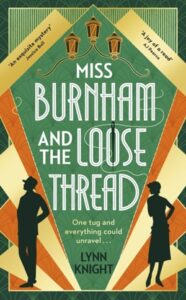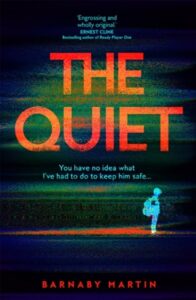The spotlight on our responsibilities and wonder for the natural world is bright and strong.

On the face of it we appear, if measured in terms of mainstream media headlines, to be more outraged by the senseless felling of a tree than the cutting down of a schoolgirl on a Croydon street – why is that? A scan of the BBC website and it takes some scrolling to discover the awful statistics associated with teenage knife crime, rising at a dispiriting rate. And yet a tree is front and centre.
Our relationship with nature and the troubles we bestow upon it are too complex for this scribe to fully understand or explain. But what I do know is that guilt forms a part of that relationship – not only do we unnecessarily cut down trees; we pollute our rivers and seas; we poison our land and air with chemicals; untold amounts of discarded litter on motorway verges – and despite us being the perpetrators of all those things, we are outraged by them. Is it guilt that we could do more and yet we don’t? Perhaps knowing that nature’s ability to repair herself is greater than our ability not to get into the mess in the first place?
Nature writing has been prolific in recent years, and very welcome it is too – the spotlight on our responsibilities and wonder for the natural world is bright and strong. I hope that there is an equally strong appetite within publishing and writing about our responsibilities to one another as human beings and the societies and communities we hope to build and occupy. The story behind the unnecessary felling of a young person is a tragedy which shouldn’t be ignored – it should be front and centre.
Binsey Poplars by Gerard Manley Hopkins
(felled 1879)
My aspens dear, whose airy cages quelled,
Quelled or quenched in leaves the leaping sun,
All felled, felled, are all felled;
Of a fresh and following folded rank
Not spared, not one
That dandled a sandalled
Shadow that swam or sank
On meadow & river & wind-wandering weed-winding bank.
O if we but knew what we do
When we delve or hew –
Hack and rack the growing green!
Since country is so tender
To touch, her being so slender,
That, like this sleek and seeing ball
But a prick will make no eye at all,
Where we, even where we mean
To mend her we end her,
When we hew or delve:
After-comers cannot guess the beauty been.
Ten or twelve, only ten or twelve
Strokes of havoc unselve
The sweet especial scene,
Rural scene, a rural scene,
Sweet especial rural scene.

Hours spent as a kid poring over the pages of Guinness World Records was time well spent, and this week, we’re offering the 2024 edition at a Coles Special Price. There’s always something for everyone, but this year, the theme is our blue planet, so expect plenty of swash-buckling pirates, giant sea creatures, and incredible diving inventions.
Our fiction pick of the week is Ken Follett’s latest novel, The Armour of Light, the fifth in the Kingsbridge series. With the French Revolution in full swing and industrialisation sweeping through the nation, a determined cluster of Kingsbridge people fight for their freedoms. This ambitious story is another we are offering with a Coles Special Price.
Elsewhere in fiction, there are some brilliant paperback releases. The long-awaited Babel is now available, set in the city of dreaming spires just a stones’ throw from our shop. R.F. Kuang masterfully dissects the power of language in an institution built on violence. For some light laughter, Schitt’s Creek writer Monica Heisey delivers with Really Good, Actually. This post-divorce romp was everywhere when it was released in hardback and is perfect for fans of Dolly Alderton. In hardback crime, You’d Look Better as a Ghost serves not just as a great threat to your biggest enemy, but as a wild tale of a murderous young woman distracted by grief and a budding art career.
In non-fiction, we have another Coles Special Price book with Michael Palin’s Great-Uncle Harry, an epic work that blends memoir and history, as Palin documents the path he took to find out more about the tragic death of his great-uncle. History continues with comedian David Mitchell’s Unruly, an alternative history of the monarchy that humorously takes aim at the absurdity of beheadings and civil unrest; and Matt Lodder looks at the art form of tattooing, tracing its origins through to the many, occasionally unusual, reasons that people may put ink under their skin. The familiar tent, buoyant music, Paul Hollywood’s icy gaze and his sought-after handshakes are back, and The Great British Bake-Off: Kitchen Classics is the cherry on top of a well-stocked kitchen. The Football Weekly Book brings the fun of the podcast to the page, with trivia, cartoons, and long reads about the joy of the game.
For younger readers, Foxlight by Katya Balen finds twin sisters Fen and Rey on a quest to discover their family and accept love on their wild journey. Julia Donaldson never disappoints, and The Oak Tree teaches children about the circle of life and the importance of trees in our environment, all in her signature rhyming style.
As always, if there’s a book you can’t find, call us and we will try our best to source a copy for you.
From Sophie
Click on any of the book covers below for more info.
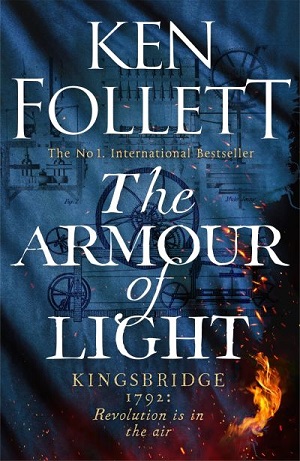


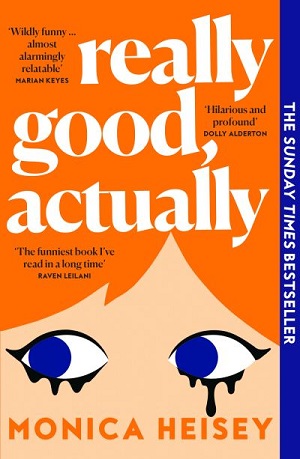
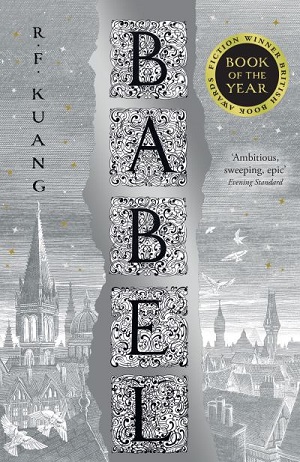
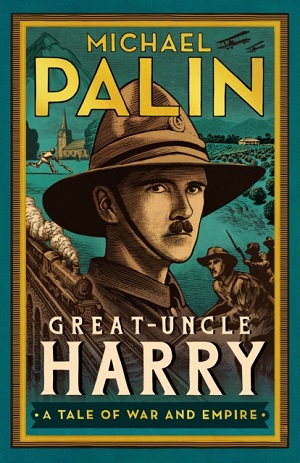
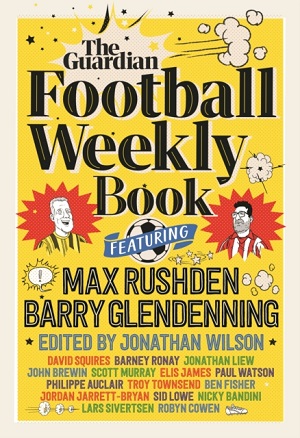

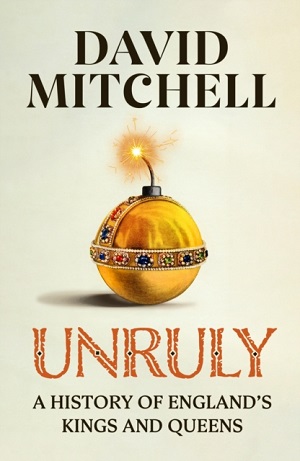
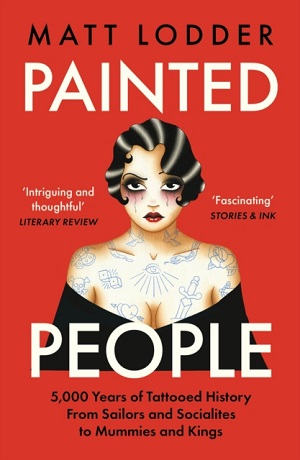
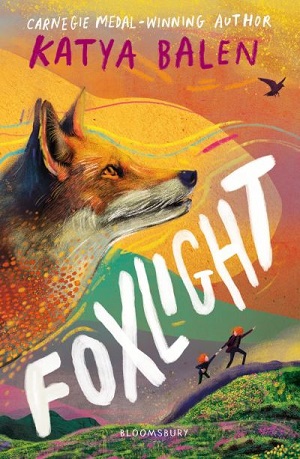
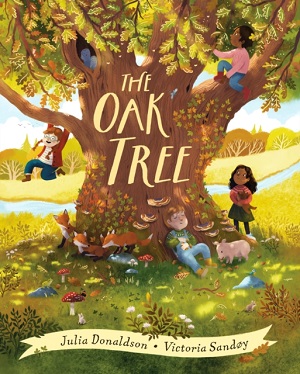

The full newsletter with links to books – including this week’s Signed Editions – can be found HERE

